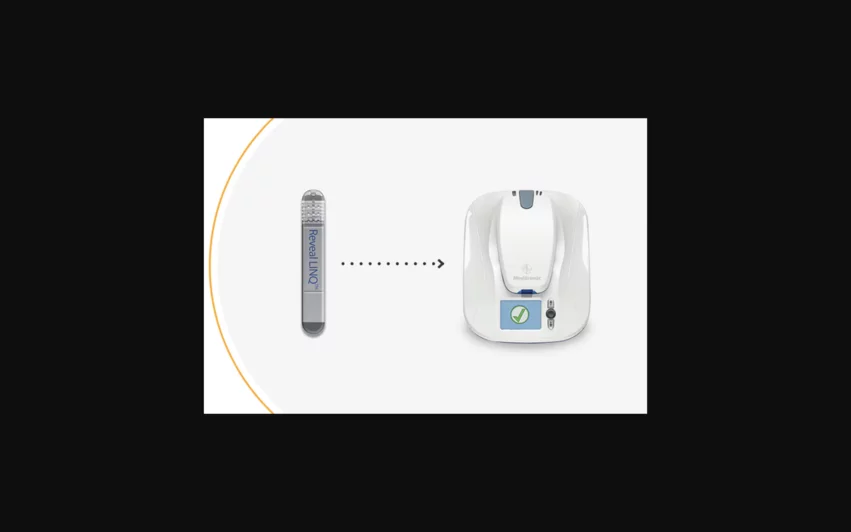Medtronic adds new AI models to its insertable cardiac monitors
Medtronic has added new artificial intelligence (AI) capabilities to its Reveal LINQ insertable cardiac monitor (ICM), the company announced Monday, May 13. The update covers all relevant devices in the United States, Australia and New Zealand.
The news comes 10 years after Medtronic first launched the Reveal LINQ ICM, which helps monitor patients for signs of abnormal heart rhythms for up to three years. The company debuted its very first ICM, the Reveal Insertable Loop Recorder, in 1998.
The new algorithms, part of AccuRhythm AI platform, are designed to reduce the number of false alerts for atrial fibrillation (AFib) and pause episodes. In fact, Medtronic estimates that these AI models can help cut the number of false alerts by up to 85%, saving clinicians of “more than 186 hours of false alert review per year” for every 200 patients treated.
The AccuRhythm AI platform first gained U.S. Food and Drug Administration (FDA) approval to be used with the Reveal LINQ ICMs back in April 2023.
“This milestone is both a nod to the past as we celebrate the thousands of patients who have benefited from Reveal LINQ over the last decade, and a glimpse into the future as an example of how AI can effectively update an established technology overnight,” Stacey Churchwell, Medtronic’s vice president and general manager of cardiovascular diagnostics and services, said in a statement.
The algorithms are automatically applied in the cloud; patients wearing the devices are not required to take any additional steps.
According to Medtronic, these advanced algorithms will be available to Reveal LINQ ICM users in Europe later in 2024.


